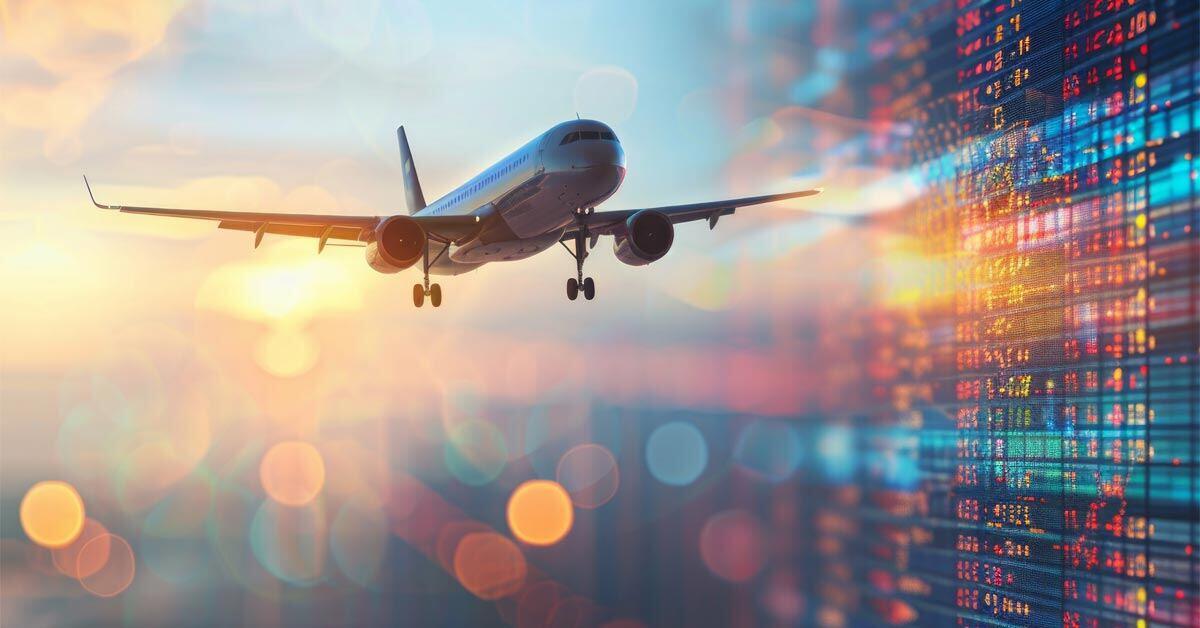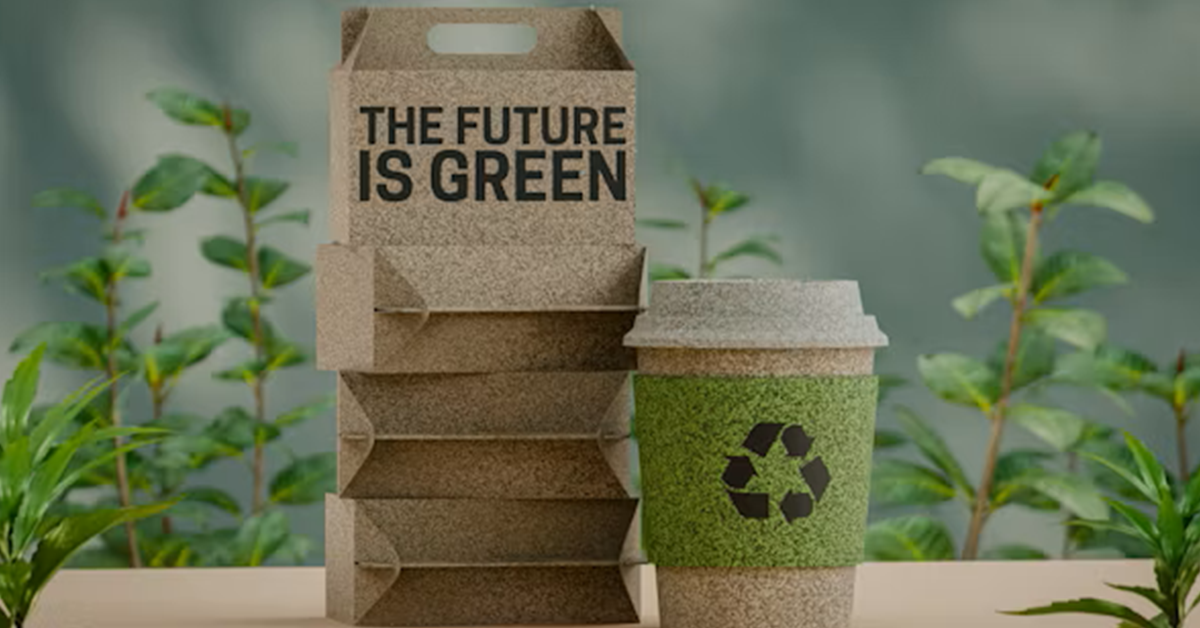
As biofuel regulations and blending requirements push aviation towards renewables, one important concern continues to come up: will this mean higher airfare costs for passengers?
For some airlines, the answer to this question is a simple: “yes it will.”
Germany's top airline company, Lufthansa, has recently announced plans to implement an 'Environmental Cost Surcharge.’ The newly introduced measure is designed to help offset the increasing costs incurred due to more stringent environmental regulations.
Among these, a significant factor is the higher rates associated with using sustainable aviation fuel (SAF).
The surcharge amount will vary between €1 to €72, contingent on the specific flight routes and fares. The move comes in response to several regulatory-driven environmental costs now becoming part of the aviation industry's landscape.
The Impact of Regulatory Measures
Lufthansa noted that part of the reason for the new fee comes from legal requirements. Starting January 1, 2025, airlines will be required to include a minimum two percent SAF blend for departures leaving EU countries. As demand ramps up for SAF, these blending requirements will likely incur greater costs to the airlines.
Other cost-incurring adjustments span from amendments to the EU Emissions Trading System (EU ETS) to various other regulatory environmental charges. For instance, the Carbon Offsetting and Reduction Scheme for International Aviation (CORSIA) will add more requirements to airline fuels. Accordingly, these will equate to higher costs—particularly in these early stages of change.
According to a Lufthansa press release, the surcharge will be applicable to flights sold and conducted by the Lufthansa Group from the 27 EU nations, UK, Norway, and Switzerland. All tickets issued from June 26, 2024, and applying to departures from January 1, 2025, onwards will be subject to this levy.
Future Blend Quotas to Rise Sharply Over Next 10 Years
The EU's SAF blend quotas display a rising trend. Starting from 2% in 2025, the percentage will jump to 6% by 2030, 20% by 2035, and eventually reach 70% in 2050. In response to these increases in environmental standards, Lufthansa Group anticipates these changes will result in additional future costs well into the billions.
Will Other Airlines Follow Suit?
With Lufthansa setting a precedent, many experts across the aviation industry anticipate a similar move by other major airlines. Investments within SAF will hopefully drive prices down over time. But it is unlikely this will happen any time soon.
In the meantime, mandates and blending requirements will require airlines to adopt SAF in their fleets. To compensate for the high costs, consumers can likely bet on higher ticket costs. These increased costs will likely be the worst in transatlantic flights.
Lufthansa's Investment in SAF Reflects Broader Aviation Commitment
Although higher fare costs are not the best news for travelers, there is some light at the end of the tunnel. Blending requirements and mandates will further focus industry experts and producers alike on SAF production. This will lead to continued investments directly into this burgeoning industry.
For instance, Lufthansa is raising up to $250 million to secure SAF in the years to come. The company is also probing the possibility of forming long-term SAF alliances with producers.
In 2022 alone, the Lufthansa Group incorporated about 13,000 tons of SAF into its flights. The amount is around 0.2% of the group's total fuel demand (7.6m tons) and about 5% of the global SAF supply.
Similar investments, partnerships and alliances will only drive up SAF adoption for all major airline companies. As the market continues to move toward sustainability, we may see other opportunities to keep fare prices lower.
Get SAF Data and Key Market Insights with ResourceWise
The SAF market is moving quickly with changes such as biofuel blending requirements looming. The last thing your business needs is to fall behind on the most important updates, insights and data on how to plan for the future.
ResourceWise provides the tools to make confident business decisions. Our Carbon Mitigator report offers comprehensive news and insights, key pricing data on SAF and other biofuels, and outlooks on future fuels within the value chain.
Access to the Carbon Mitigator is available exclusively through a subscription to Prima CarbonZero, ResourceWise’s robust online platform for low-carbon fuels and feedstocks intelligence.
Click the link below learn more about the Carbon Mitigator and to schedule a demo to see all the ways our market intelligence can enhance your business strategy and success potential.



![[Video] Molecules to Markets Episode 1: Chemical Markets Begin 2026 in a Supply-Driven, Margin-Sensitive Environment](https://www.resourcewise.com/hubfs/images-and-graphics/blog/chemicals/2026/weekly-video-series-molecules-to-markets/CHEM-Weekly-Video-Series-Molecules-to-Markets-Episode-1.png)

